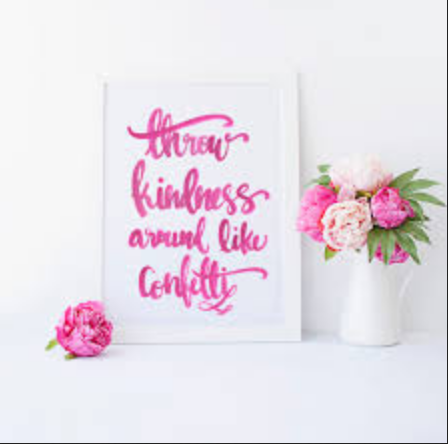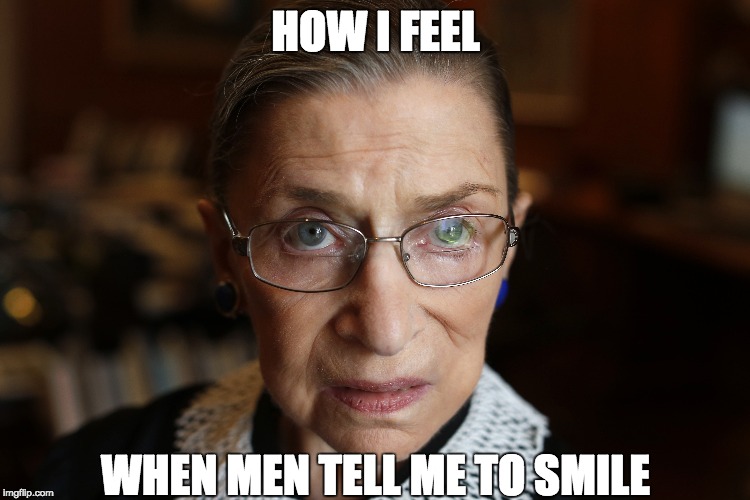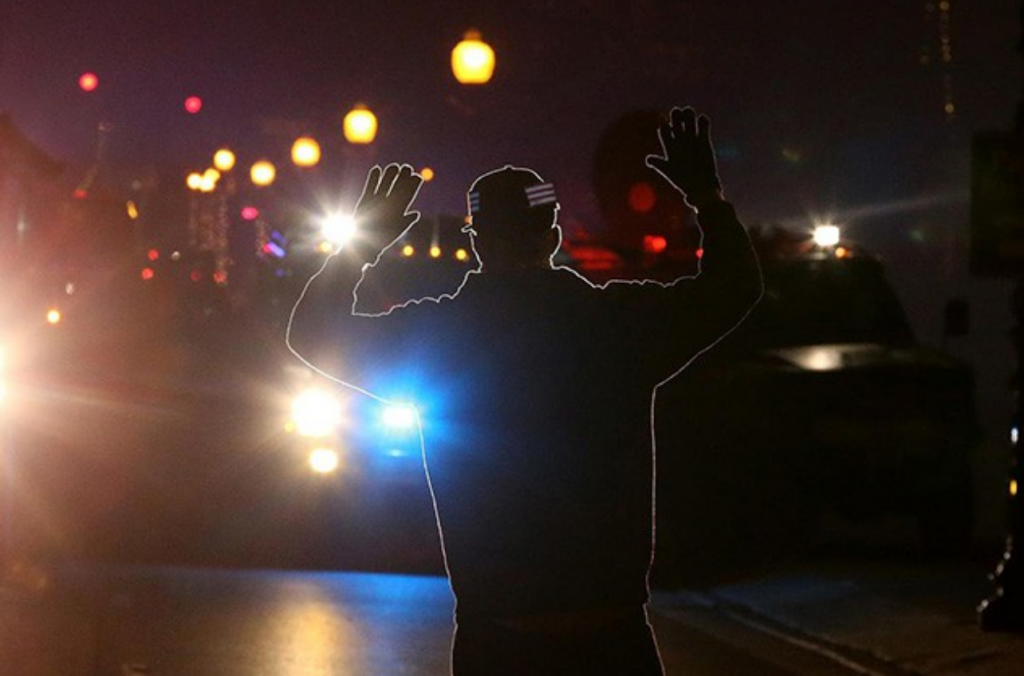ATA5
My takeaway from Assignment 5 is that it is good to throw kindness around freely. So often I have been interested in staying to myself, not talking to anyone, basically being an introverted hermit. I do like people; I just enjoy not interacting so much more. After completing Assignment 5, I realized that the joy and feeling of completeness I got from helping others was well worth the steps I had to take out of my comfort zone.

The image I chose is a poster saying “throw kindness around like confetti. I htink this represents this assignment well as kindness should not be held tight and hoarded, it should be shared.
ATA2
For Assignment Two in PSYC 304 we were assigned the task of taking eight to ten portraits of ourselves and to then use those portraits as a jumping off point for self-description. I chose eight photos. A few were photos by myself and a couple were photos of me with other people. I don’t usually analyze photos of myself in such a detailed manner, so it was quite eye opening to see the different personalities I was putting forward depending on the intended audience. Of course, most of the time, unless I’m trying to be silly with a younger audience, I ensure that my facial expression is pleasant and courteous.

As a woman, I have noticed this is something most women in American society, or really western society as a whole, strive for. Even if one is simply relaxing, their face must be pleasant and welcoming. The colloquial, “R.B.F.” or “Resting Bitch Face” is a culturally accepted, casual term used often in a humorous manner to describe a woman who’s face, while relaxing, looks as if she is not happy, or even upset. I am aware of this look and try to not have an RBF, however I also am aware that this is absolutely ridiculous. Women cannot and should not need or have to be pleasant, happy and welcoming all of the time. Why can’t women have the luxury of embracing a relaxed, expressionless face for a period of time? This is utterly confusing and disgraceful and I’m not sure how it can change but I know that it should.
ATA1
My assignment takeaway for these past few modules has landed squarely on “fundamental attribution error” and microexpressions. I have studied microexpressions in a former class (Of which the name and subject escapes me), and I find the idea of an attribution error equally interesting and frightening.
Microexpressions are something I notice readily. I think I may be more empathetic than most and this serves to be both a benefit and burden for me. I notice miniscule details and changes in people’s moods, tone of voice, body movement, posture, etc. Of course, this may be tied into a bit of anxiety but that is a question for another time. I am so intrigued by microexpressions because I notice so many little things in my daily interactions with both people I am acquainted with and strangers.
The Fundamental attribution error is interesting because it’s a quick explanation of how something could be misunderstood or misconstrued, especially when the viewer or one who makes the judgement does not care to put in the time or effort to do any investigating. This is a bit spooky to me as this can happen where a person of authority is worn out and does not have the patience to complete due diligence. The world isn’t the same as it used to be in many ways. This particular idea I feel, is getting worse.

The image I chose was of someone standing in a hoodie with their hands up. I chose this image because if the person looking at the hooded, arms up figure does not do due diligence, merely makes split second decisions on what they think a hooded person in the dark may be doing, the person may make and probably will make mistakes. The person in the hood may have a hoodie on and over their head because it’s cold, because they don’t want to see someone or have that person see them, they could be shy, there are a multitude of reasons one would have a hoodie up, but the main assumption has been with a hoodie, someone is breaking the law somehow.